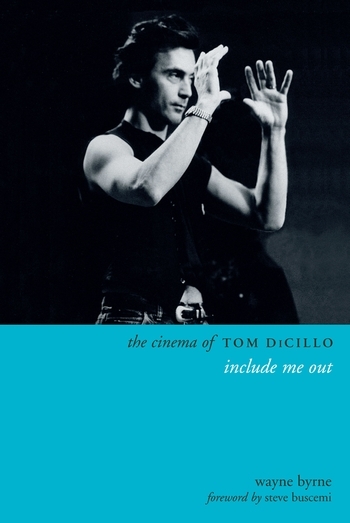Jonathan Soffer interviewed about Ed Koch by the New York Press
In a just-published interview with the New York Press, Jonathan Soffer, author of Ed Koch and the Rebuilding of New York City, weighs in on a variety of Koch-related topics, ranging from his distinctive and often abrasive personality and his post-Mayoral career to Koch’s sexuality.
One of the questions, Soffer addresses is the resurgence of interest in 1960s and 70s New York and the Koch and John Lindsay administrations. Soffer responds:
People are fascinated because the city went so low; because it’s a period of transition where the old post-war LaGuardia city is largely destroyed. Destroyed in terms of physically destroyed, destroyed in terms of the political economy of the city and how the city makes its money—all of that collapsed in this period of 1962 to 1984. It is being replaced over the course of the Koch administration. On the other hand the Rent is Too Damn High has become a common slogan. My rent back in 1977 was $260 a month for an apartment in Manhattan. And it wasn’t that bad a place to live. The city was much more different place to live in, in a lot of ways. But it was tough to live here.
People were proud of overcoming that for the pleasures of living here. They very much valued the pleasures of the city. Whether that would have continued as more and more of the city continued to burn, if the city had actually gone into bankruptcy I don’t think that would have continued. It might have gotten so bad that they would have left like they left Detroit.
Soffer concludes by looking at Koch’s legacy and the impact his emphasis on supporting New York’s financial sector has had on the city:
When Koch took over the mayoralty, the cost of providing care to the uninsured people, whether through Medicaid or through direct care subsidies to the Health and Hospitals Corporation, was 106 percent of New York’s budget gap. If someone between 1970 and 1980 said, “OK, healthcare costs, we need to do something about healthcare, we need to have a federalized healthcare system, we need to expand Medicare.” If someone developed a federalized healthcare system for United States, New York would probably not have had a fiscal crisis. And Ed Koch realized this at the time.
The city got swamped by cuts in federal spending by what became an anti-urban much more suburban oriented series of presidential administrations in the 1970s and 1980s in both parties. The time Koch gets there, industry is pretty much gone and it’s gone partly because cities all over America are being de-industrialized. That industrial city model had to be replaced and pretty much the only place to go by the time Koch came in was finance. And that made up a much less diversified economy. It worked for a while but it’s cyclical and has its ups and downs that made it much more difficult to stabilize the economy. Since this last crash, as astute an observer of Bloomberg said after 9/11, the era of finance as the engine of its economy is ending. I think finance, insurance and real estate is going to continue to be tremendously important to the city’s economy. But the city has to find a way of earning its living. It’s reinvented itself many times since 1626 and hopefully it will reinvent itself again.





